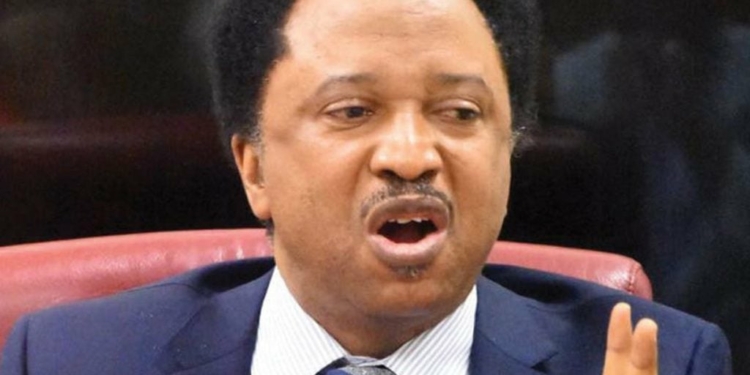- Former Senator Shehu Sani warns against implementing state police, fearing potential abuse for political persecution and election rigging.
- Sani argues that state police could exacerbate security challenges, serving as an armed wing for ruling parties and causing anarchy.
Former Senator Shehu Sani has voiced his opposition to the idea of implementing state police as a solution to insecurity, labelling it a potential catalyst for chaos.
During an emergency meeting in Abuja, President Bola Tinubu and governors explored the concept of state police to address the nation’s security challenges. However, Sani expressed his disapproval, warning against the likelihood of governors deploying their partisan allies into the state police force to target political opponents.
In a series of tweets posted on his X account on Monday, Sani asserted, “The governors will use the State Police to persecute the opposition, to harass ‘non-indigenes,’ to rig elections, and to counter the federal police in case of conflict of interest between the federal government and the state. Most state ruling party thugs will be recruited into the state police.”
The former federal lawmaker argued that state police would not offer any unique solutions beyond what the military, police, and civil defense agencies have already attempted. He contended, “The idea that the State Police will solve all the security problems in the country is a mirage. What magic can the state police perform that the military, police, and civil defense couldn’t? The State police will be an armed wing of the ruling party of each state. It’s a recipe for anarchy.”
While Sani opposed the move, the Rule of Law and Accountability Advocacy Centre (RULAAC) last week expressed support for the proposed state police in light of the pervasive insecurity across the country. RULAAC pointed out that state governors have historically been the primary financiers of police operations, with the federal government viewing their contributions as supplementary. This perspective underscores states’ need to take responsibility for policing their own territories.










Discussion about this post